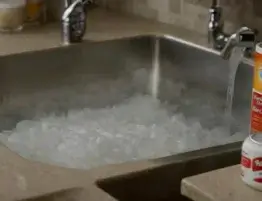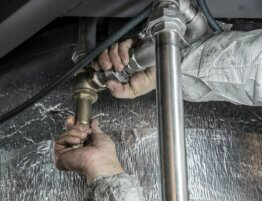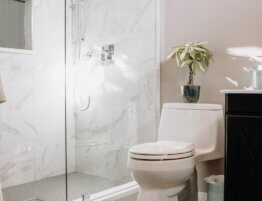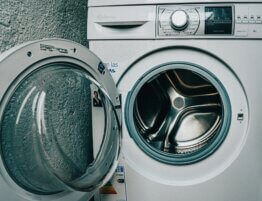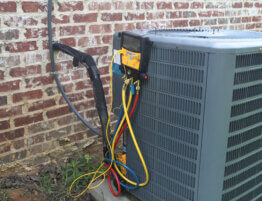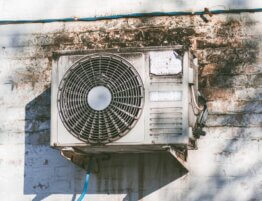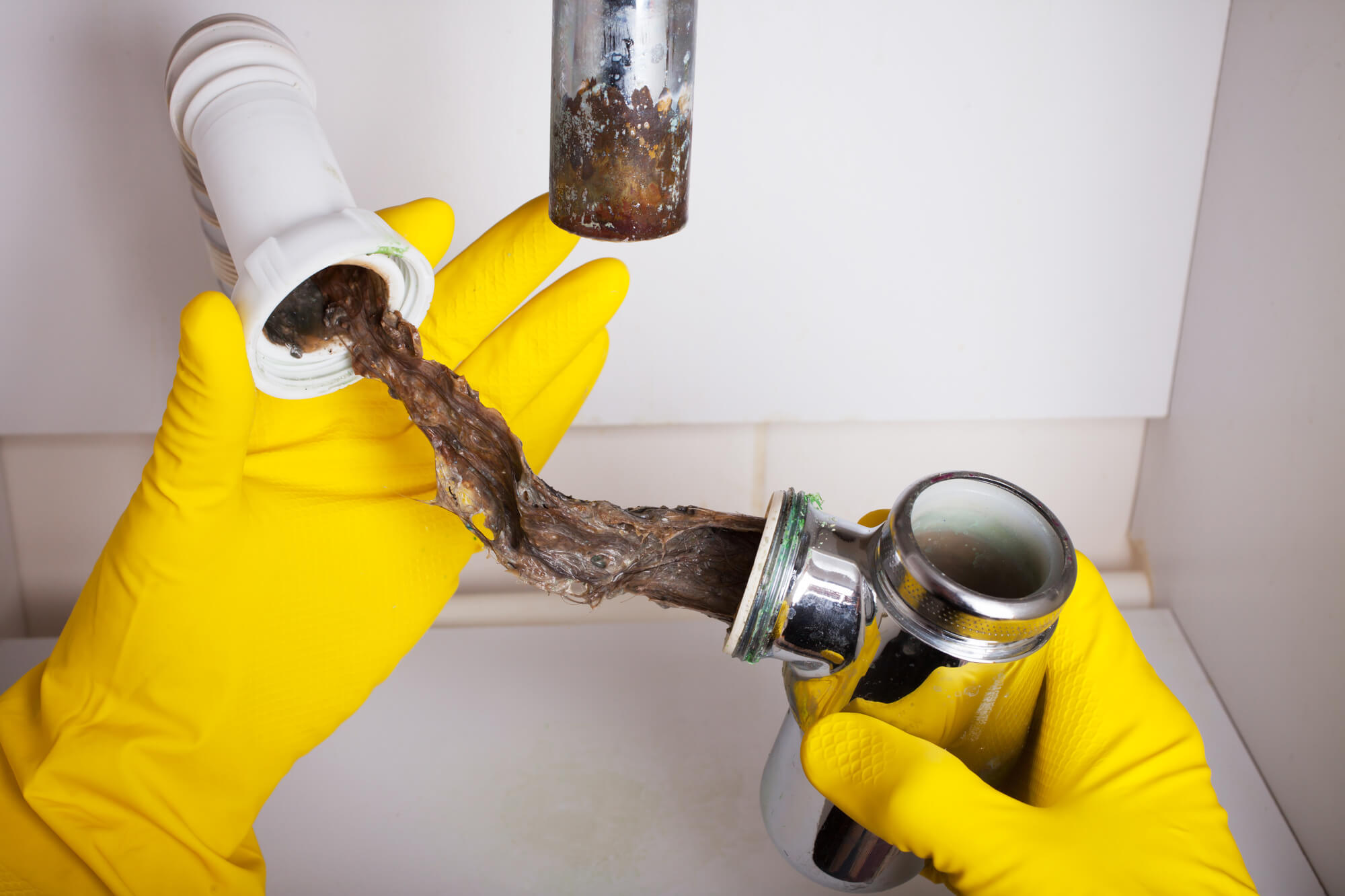
Cleaning a clog out of your drain can put you back several hundred dollars.
But by making a few simple changes to your home, you can avoid spending all that money on stubborn clogs.
How?
It’s all about prevention.
Keep reading below to learn how you can prevent clogged drains in your home.
Put a Lint Catcher on Your Washing Machine Hose
When the water drains from your washing machine, it’s carrying all different types of junk along with it. Things like lint and small pieces of fabric can get into your drain and form a clog.
Even entire socks can work their way into your drain! (Which might explain where they’re all disappearing to…)
To prevent these things from causing problems in your drain, buy a lint catcher and attach it to the end of your washing machine hose. It will stop any debris from getting into your pipes.
All you have to do is change it when it gets full.
Keep Hair out of Your Drains
This can be a difficult job, especially if you live in a house with a lot of people who have long hair.
But if you don’t stop all that hair from getting into your drain, it can combine with the soap and form a sticky clog. Hair clogs can get so bad some people have to resort to a drain snake to remove them.
There are some simple ways to catch hair before it gets into your drain.
Find a mesh screen and place it over your drain. You can find a bunch of different sizes, shapes, and features out there.
Once you put it in your shower, just keep an eye on it and remove any hair that builds up inside.
Install a Pop-Stopper in Your Bathroom Sink
Many bathroom sinks have a pop-stopper in their drains already. If your sink doesn’t have one, make sure you find one and install it as soon as possible.
Pop-stoppers collect any hair, dental floss, and other debris that you wash down the sink. This prevents those things from getting into your drains, which is a good thing.
But you’ll need to clean your stopper every once in a while.
As hair and other debris build up on the stopper, it can cause the sink to drain slower than before. When the water drains slower, it’s easier for clogs to form in your pipes.
When you notice the draining in your sink slowing down, take out your stopper and pull all the hair and gunk off.
Be Careful What You Put in the Garbage Disposal
Garbage disposals are a handy addition to any kitchen sink, but that doesn’t mean you should dump all your food inside.
There are certain foods garbage disposals have a hard time breaking up, such as coffee grounds, potato skins, banana peels, eggshells, etc. If a food is too thick or sticky, the won’t grind down and might get stuck inside your disposal.
Because of this, it’s better to avoid putting food into your garbage disposal in the first place.
But isn’t that what a garbage disposal is for?
Sure, and small pieces of food shouldn’t be a problem. Scraping extra food into the trash can before throwing your dishes in the sink is an easy way to prevent food from clogging your drain.
Don’t Dump Grease Down Your Sink
You should never dump hot grease down your kitchen sink.
While the grease might seem nice and liquid when it’s warm, it won’t stay that way. As the grease cools down, it starts to harden.
This can make it cling to the walls of your pipes in lumps. As other food and debris run through the pipes, they can get stuck in the grease and form a clog.
Instead, dump your grease into an old can or container. When the grease hardens, take the can out to the trash bin and throw it away.
Don’t Flush Trash Down the Toilet
It might seem harmless to flush Q-tips, dental floss, or makeup wipes down the toilet. After all, the toilet flushes much larger things all the time.
But this isn’t a good idea.
A small piece of dental floss can be enough to start a clog in your drain. Here’s how. As the dental floss goes through the drain, it can catch on the side. Other waste can then get blocked by the floss and form a clog.
Don’t flush anything down the toilet that wasn’t designed to be there.
Keep Setting-Type Joint Compounds out of Your Sink
You should never wash any kind of setting-type joint compound down your sinks. This can include things like grout, cement, drywall mud, paint, etc.
Even after you wash these things down your drain, they can still set. This can cause a major clog in your pipes.
You should also be careful with sand.
Because sand is heavy and settles in water quickly, it can build up in your drain. Clogs made from sand can be difficult to get rid of.
Flush Your Drains from Time to Time
Make a habit of flushing your drains out ever so often to clear out any debris sitting in your pipes.
Here’s how the process works.
Fill up a large bucket of water (about five gallons) and dump it into your toilet as you hold the handle down. This will allow all the water to flush down your toilet and clear out the drain.
You can do this with your sinks and bathtub by filling them with hot water and letting it drain like normal.
How to Prevent Clogged Drains
Clogged drains are annoying—and sometimes expensive—to deal with, so the best thing to do is prevent them from happening in the first place.
Clog prevention isn’t a difficult task.
Know what should and shouldn’t go down your drains, and don’t dump anything in your sinks or toilets that shouldn’t go there. Put mesh screens over your shower drain to catch hair and keep large pieces of food out of your garbage disposal.
Simple things like this can be the difference between nasty clogs and clean drains.
Is it too late for prevention for your home?
Click here to take a look at our drain cleaning services and see how we can help you.


